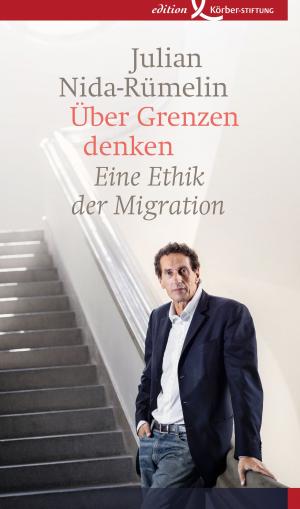More India and Less China
Germany Needs a New Policy on Asia
Nonfiction, Social & Cultural Studies, Political Science, International, International Relations| Author: | Urs Schoettli | ISBN: | 9783896843791 |
| Publisher: | Edition Körber | Publication: | February 13, 2013 |
| Imprint: | Language: | English |
| Author: | Urs Schoettli |
| ISBN: | 9783896843791 |
| Publisher: | Edition Körber |
| Publication: | February 13, 2013 |
| Imprint: | |
| Language: | English |
The global economy and global politics have turned the spotlight on two rising powers, China and India. The pecking order of the two states with their billion-plus populations seems obvious. China is already being seen as a new superpower that is on a par with the US. And whilst India may not be a world power, it dominates South Asia and the Indian Ocean. That is why the Europeans have devoted far more time and energy over the past few years to China, which is a totalitarian regime, than to India, which is a democracy. However, in the recent past moves have been afoot to upgrade the status of India. Whilst it is still too early to speak of a new trend, there are very good reasons why Germany and Europe should cooperate with India. It could be a reliable partner at the start of the "Asian Century" on account of its cultural similarities, common economic and (security) policy interests, and above all as a result of a shared set of values based on democracy and the rule of law.
The global economy and global politics have turned the spotlight on two rising powers, China and India. The pecking order of the two states with their billion-plus populations seems obvious. China is already being seen as a new superpower that is on a par with the US. And whilst India may not be a world power, it dominates South Asia and the Indian Ocean. That is why the Europeans have devoted far more time and energy over the past few years to China, which is a totalitarian regime, than to India, which is a democracy. However, in the recent past moves have been afoot to upgrade the status of India. Whilst it is still too early to speak of a new trend, there are very good reasons why Germany and Europe should cooperate with India. It could be a reliable partner at the start of the "Asian Century" on account of its cultural similarities, common economic and (security) policy interests, and above all as a result of a shared set of values based on democracy and the rule of law.















